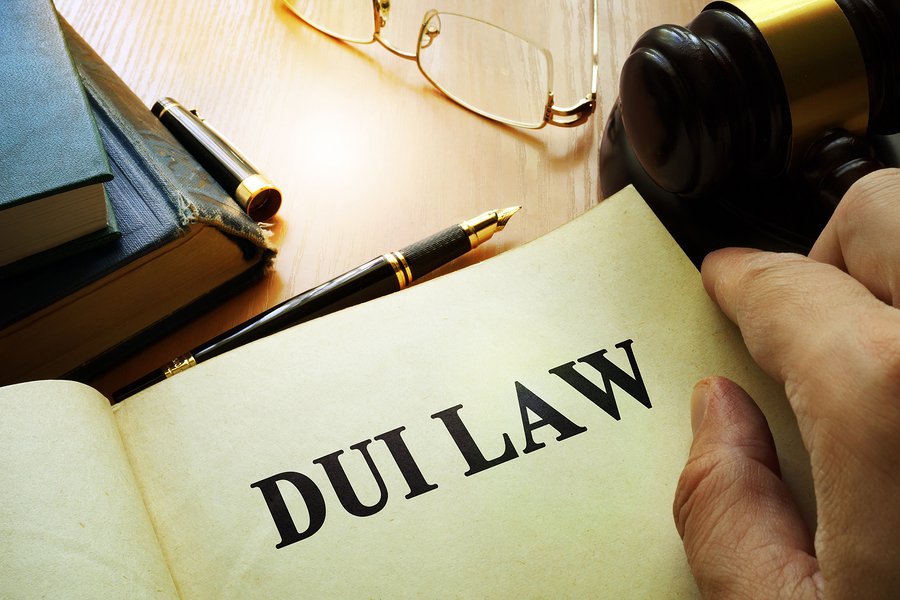
It’s a very difficult situation if you find yourself or a loved one arrested for a DUI (driving under the influence) or DWI (driving while intoxicated). While it’s a situation that no one wants to find themselves in, unfortunately, it can happen. While it’s vital to make sure you seek counseling and therapy throughout the entire process to make sure you’re dealing with it properly, it’s also important to take care of the legal aspects, which can be very daunting. To help make an already difficult time easier, Jack J. Schmerling is here to provide advice on how to proceed after a DUI or DWI.
What To Do After a DUI or DWI
Police officers can generally use three methods to determine if you’ve had too much to drink. They can observe you and pull you over if your driving is suspicious; they can ask you to perform a sobriety test, such as performing balance or speech tests; or they can also measure your blood-alcohol level. You can refuse taking a chemical test at a DUI or DWI stop, but this generally means implied consent. This states that refusal could lead to suspension of your license for between 3 to 12 months, even if you’re eventually found not guilty. Do note that if the case goes to trial, this could lead jury members to believe you refused because you actually were intoxicated or under the influence.
Sometimes you’ll have to appear for an arraignment, a court appearance where you’re formally charged and asked to respond by entering a plea. You’ll be asked to plead either guilty or not guilty. Having an attorney at this stage is usually unnecessary; you can always change your plea later. You can usually insist on a jury trial as well, and you should deny convictions so your attorney can challenge their validity later.
It’s difficult to defend a drunk driving charge, since it involves a keen understanding of scientific and medical concepts. Hiring a lawyer who has a specialty in these cases is paramount to making sure you receive effective legal counsel. If the police don’t have physical evidence, it’s possible an attorney could plea your case to what’s called a “wet reckless”; while it doesn’t sound as bad as a DUI, it tends to carry the same fines and penalties.
After being released, your options include pleading guilty, asking for a trial before a judge, or trying to plea bargain. Consulting with your lawyer is strongly recommended. You will understand if it’s best to fight the charge or plea bargain, and much of this depends on your recorded blood alcohol level. No matter what route you want to take, getting an attorney is in your best favor to make sure you can navigate the legal field of life after a DUI or DWI.
How Do I Proceed?
To help you proceed in the difficult time after you or a loved one has been charged with a DUI or DWI, please get in touch with us at Jack J. Schmerling, Attorney at Law. Throughout Glen Burnie, MD, we’re available for legal counsel. For a free evaluation, call us today at (410) 988-4956.

